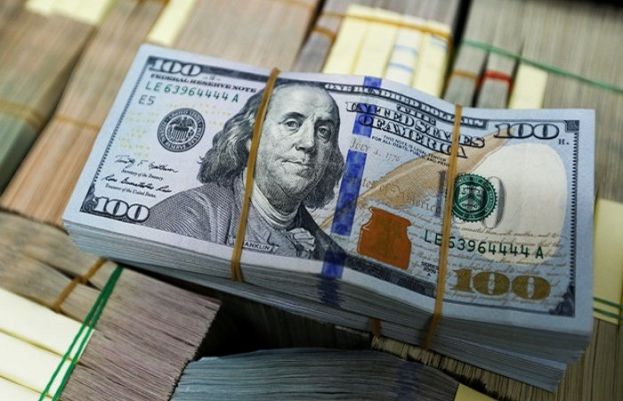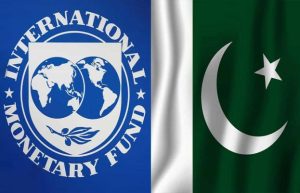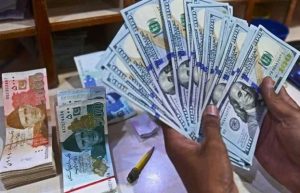
Based on knowledge launched by the central financial institution, its international foreign money reserves on August 27 stood at $20,145.6 million. The identical reserves stood at $17,578.9 million on August 20.
After accounting for exterior debt funds, the SBP’s reserves have elevated by $2,567 million to $20.145.6 million because of the authorities’s official inflows.
General, liquid international foreign money reserves held by the nation, together with internet reserves held by banks apart from the SBP, stood at $27,227.7 million.
In the meantime, internet reserves held by banks amounted to $7,082.1.
SDR allocation
The central financial institution had obtained $2.75 billion from the Fund below its new allocations for member nations to battle in opposition to COVID-19 challenges.
Pakistan was as a consequence of obtain the quantity on August 23 from IMF’s common allocations of $650 billion, which had been accredited to spice up international liquidity amid the coronavirus pandemic throughout the globe.
The quantity was instantly transferred to the SBP, which has additional improved the nation’s international alternate reserves.
The Board of Governors of the IMF had accredited a common allocation of SDRs equal to $650 billion on August 2, 2021.
Based on an IMF assertion, the allocation would profit all members, deal with the long-term international want for reserves, construct confidence, and foster the resilience and stability of the worldwide economic system.
It could significantly assist essentially the most weak nations struggling to deal with the affect of the COVID-19 disaster.





